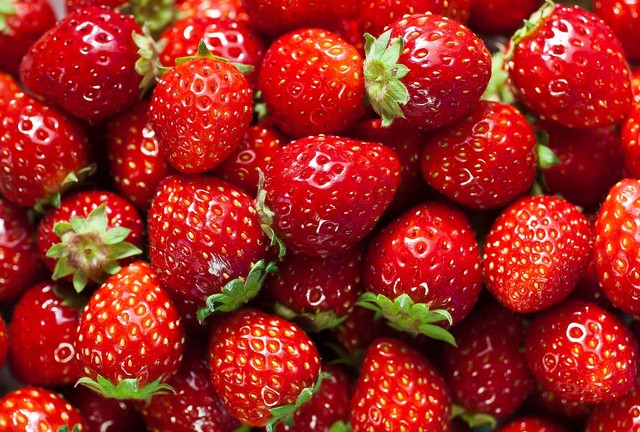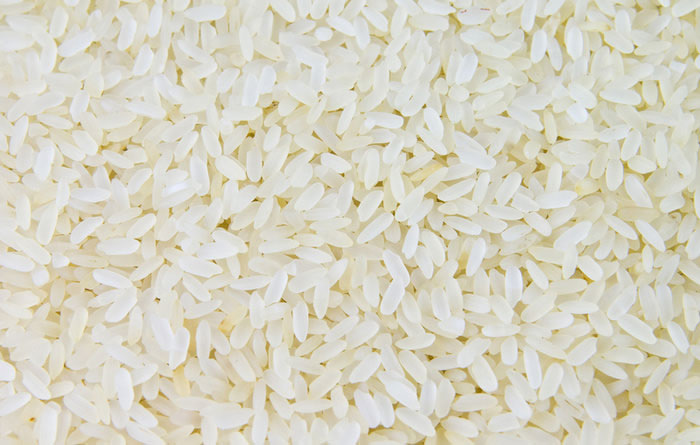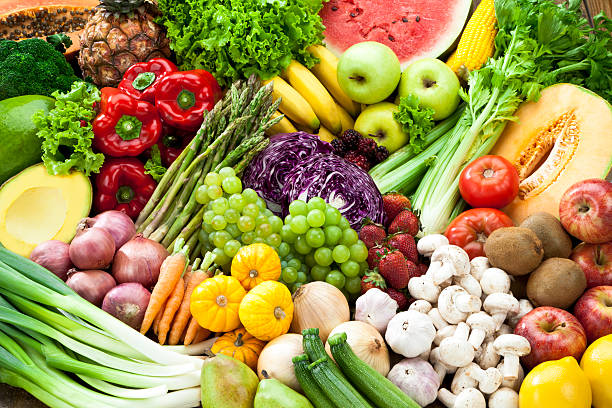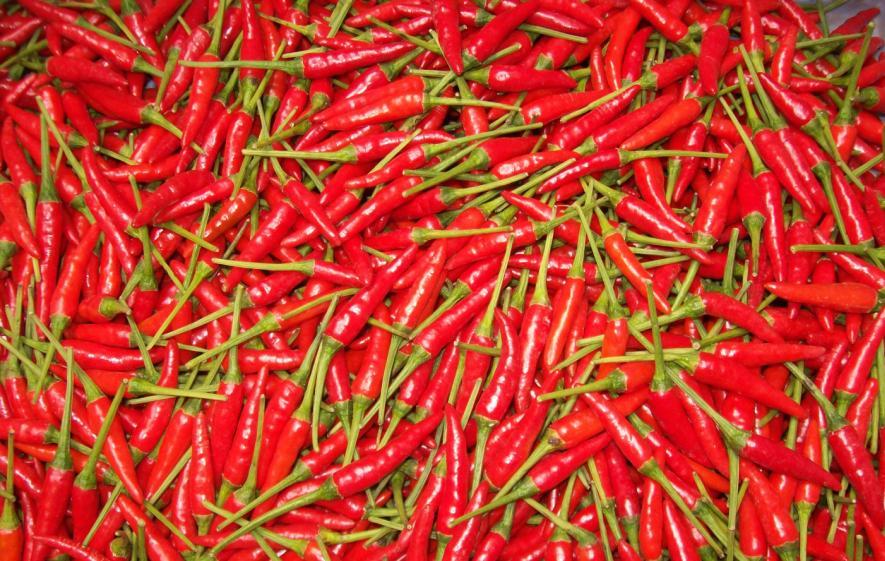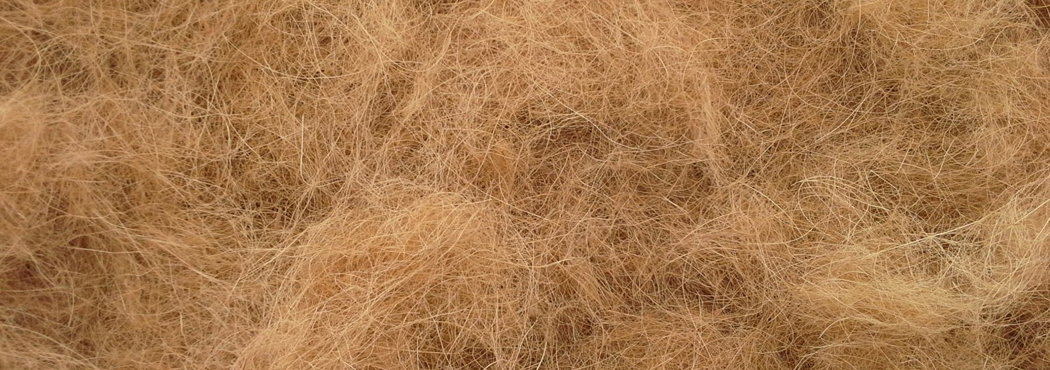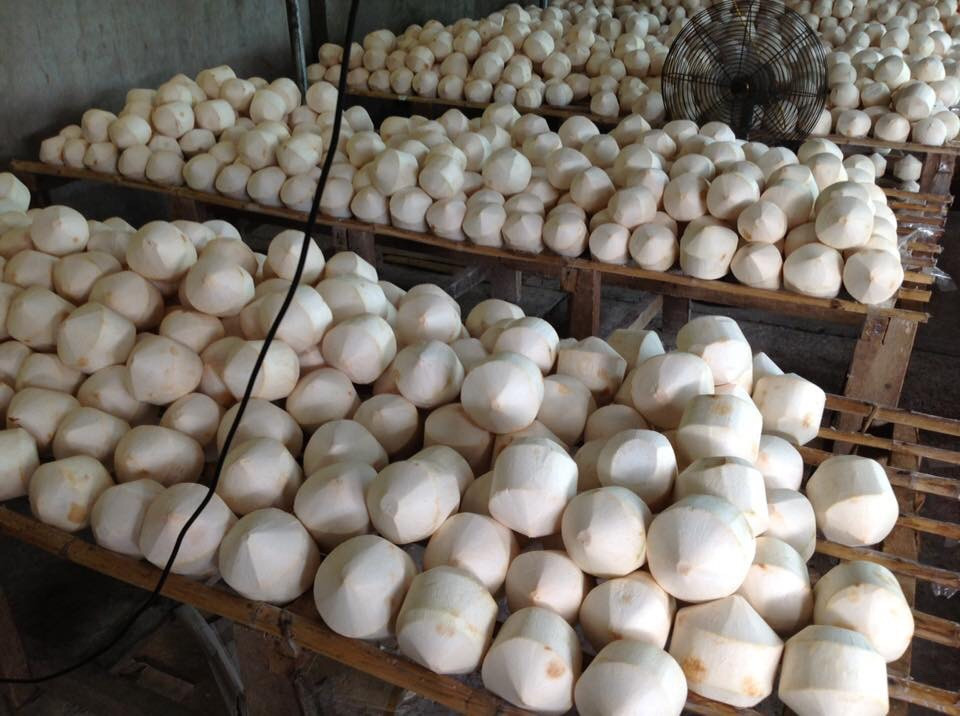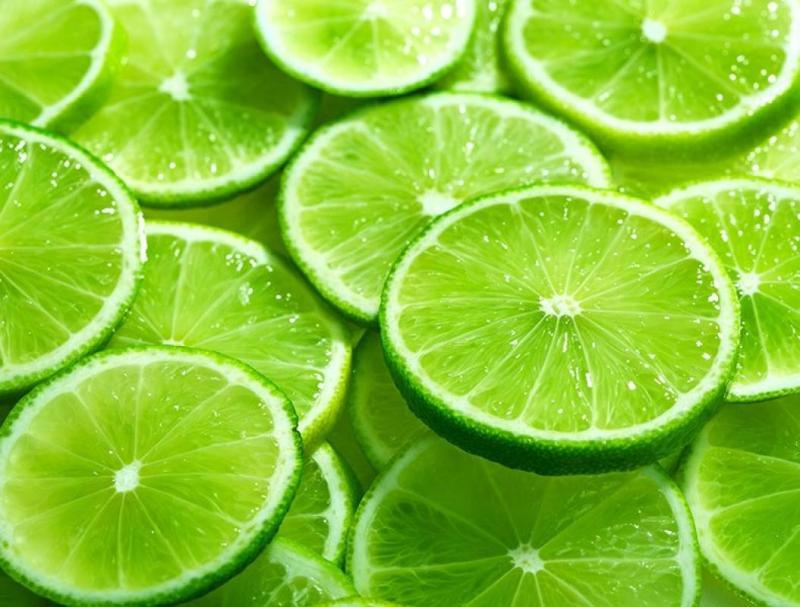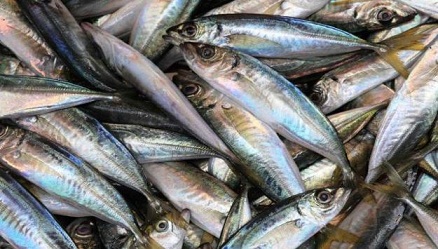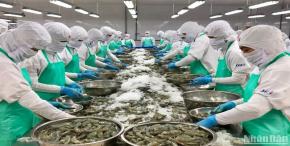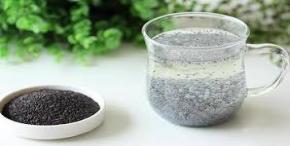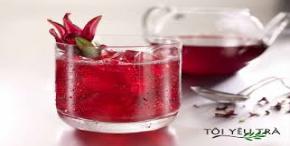News
The Benefits of Fish Meal in Aquaculture Diets
Update: 9/23/2014
.jpg)
By R.D. Miles and F.A. Chapman, University of Florida - Fishmeal is recognized by nutritionists as a high-quality, very digestible feed ingredient that is favored for addition to the diet of most farm animals, especially fish and shrimp.
Fishmeal is a generic term for a nutrient-rich feed ingredient used primarily in diets for domestic animals, sometimes used as a high-quality organic fertilizer. Fishmeal can be made from almost any type of seafood but is generally manufactured from wild-caught, small marine fish that contain a high percentage of bones and oil, and usually deemed not suitable for direct human consumption.
Fishmeal carries large quantities of energy per unit weight and is an excellent source of protein, lipids (oils), minerals, and vitamins; there is very little carbohydrate in fishmeal.
Fishmeal of high quality provides a balanced amount of all essential amino acids, phospholipids, and fatty acids (e.g.,DHA or docosahexaenoic acid and EPA or eicosapentaenoic acid) for optimum development, growth, and reproduction, especially of larvae and brood stock. The nutrients in fishmeal also aid in disease resistance by boosting and helping to maintain a healthy functional immune system. High-quality fishmeal also allows for formulation of nutrient-dense diets, which promote optimal growth.
Incorporation of fishmeal into diets of aquatic animals helps to reduce pollution from the wastewater effluent by providing greater nutrient digestibility. The incorporation of high-quality fishmeal into feed imparts a 'natural or wholesome' characteristic to the final product, such as that provided by wild fish.
Source: www.en.engormix.com

